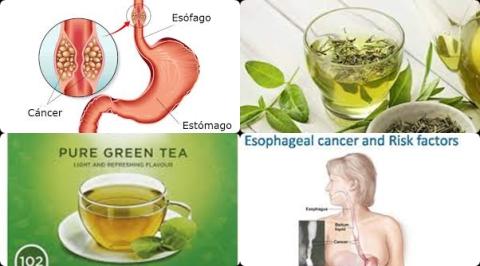
Objectives:
Controversial results of the association between green tea consumption and risk for esophageal cancer (EC) were reported by previous meta-analysis. Therefore, this review article (meta-analysis) has been conducted.
Does green tea consumption reduce esophageal cancer risk?
Study design:
This review article included 14 studies with a total of 5,057 esophageal cancer cases among 493,332 participants.
Results and conclusions:
The investigators found in the dose-response analysis, no association for a 1 cup/d increase in green tea and esophageal cancer risk [the summary OR = 1.00, 95% CI = 0.95 to 1.04, I2 = 77%].
The investigators found no nonlinearity association was observed between tea consumption and risk for esophageal cancer [p = 0.71 for nonlinearity].
The investigators found in the subgroup analysis of sex, a significantly reduced risk of 21% for esophageal cancer among women for a 1 cup/d increase in green tea [summary OR = 0.79, 95% CI = 0.68 to 0.91, I2 = 0%].
However, this reduced risk was not found for men [summary OR for a 1 cup/d increase in green tea = 1.03, 95% CI = 0.95 to 1.11, I2 = 67%].
Significant because OR of 1 was not found in the 95% CI of 0.68 to 0.91. OR of 1 means no risk/association.
The investigators concluded that a 1 cup/d increase in green tea consumption reduces esophageal cancer among women. Notably, these findings might be influenced by limited studies and potential bias, such as dose of green tea assessment and select bias of case-control studies. Further larger number, prospective and well-designed larger-scale studies are needed to provide more precise evidence, especially in women and more regions (United States and Europe).
Original title:
Green tea consumption and risk for esophageal cancer: A systematic review and dose-response meta-analysis by Zhao H, Mei K, […], Lixia Xie L.
Link:
https://pubmed.ncbi.nlm.nih.gov/33744644/
Additional information of El Mondo:
Find more information/studies on green tea consumption and cancer right here.